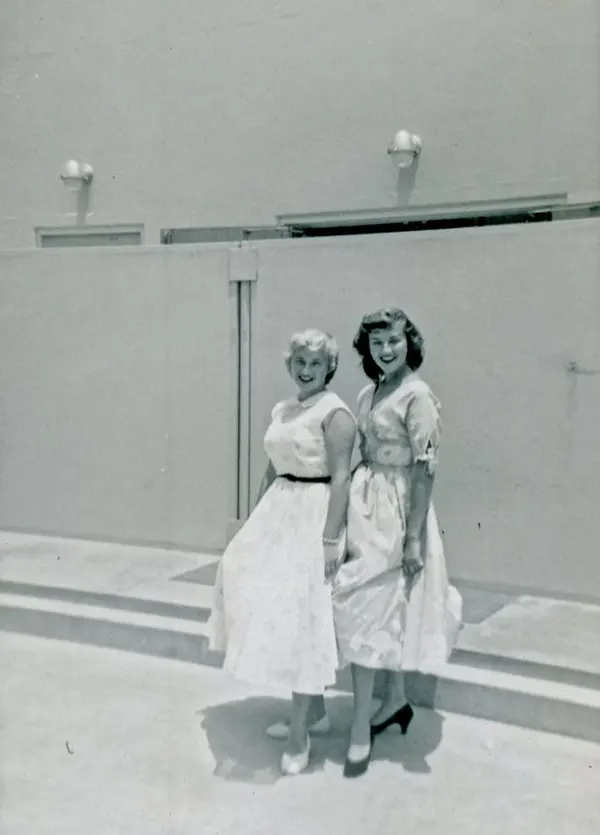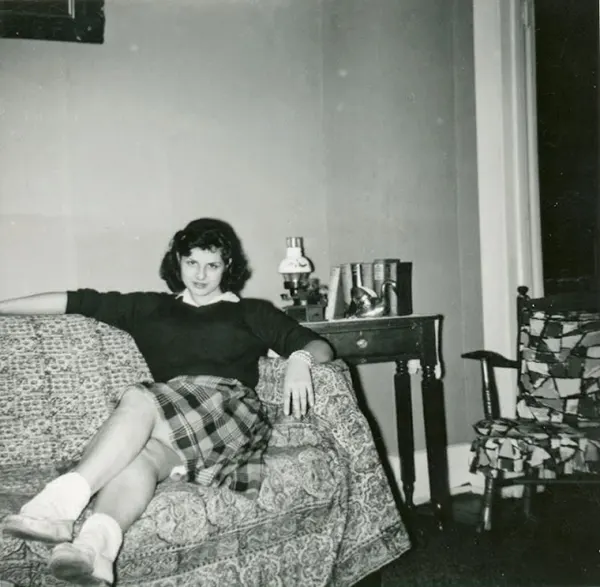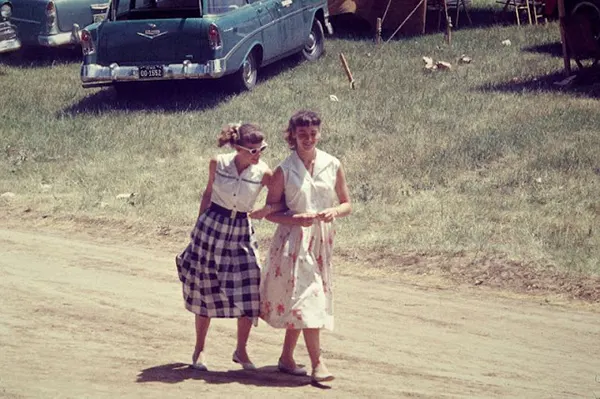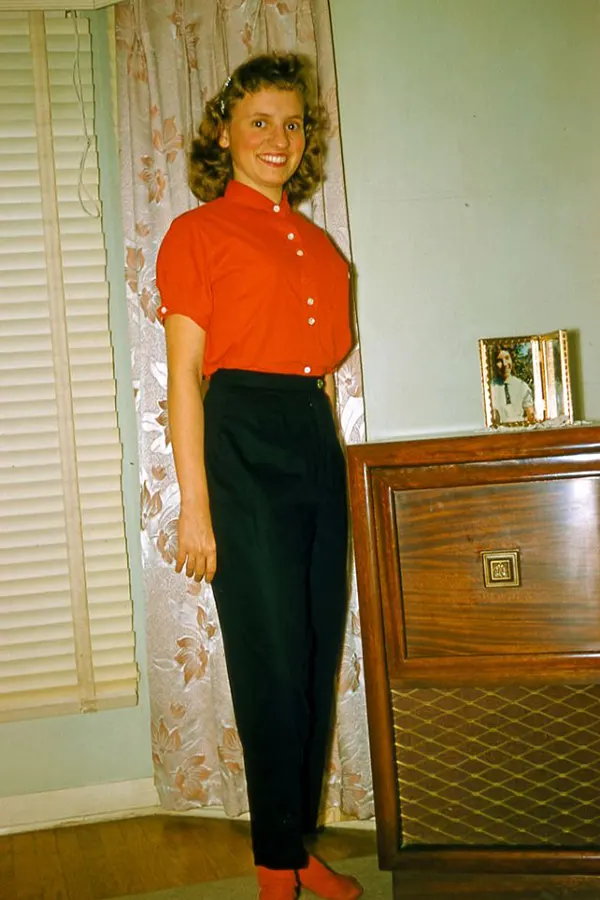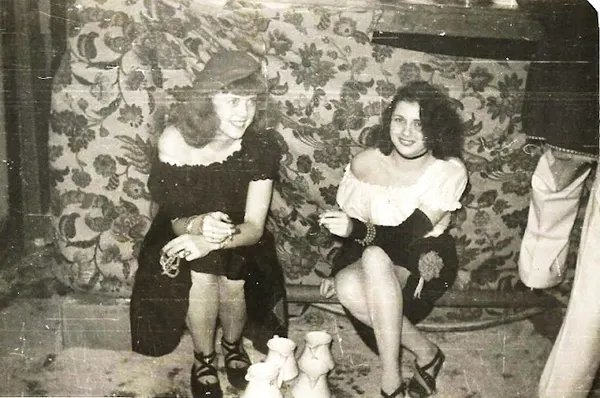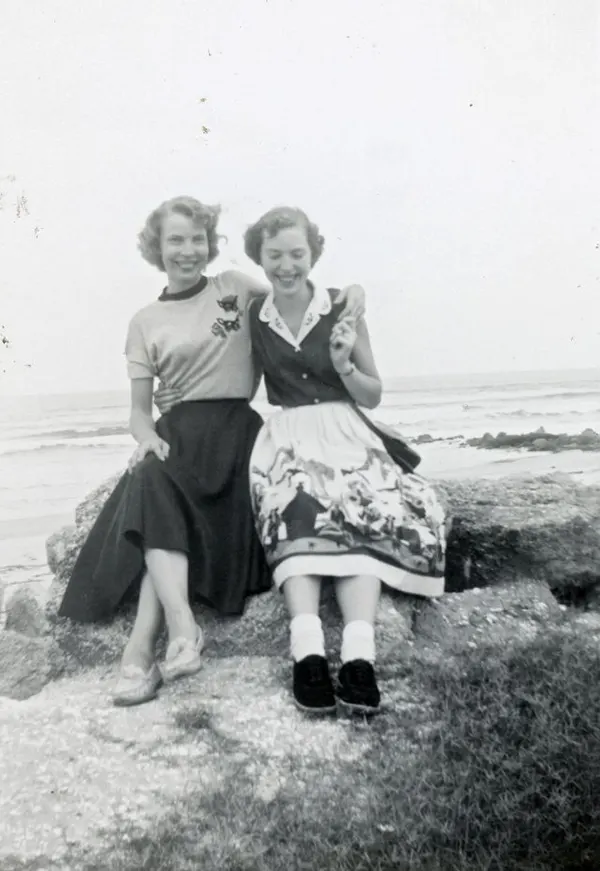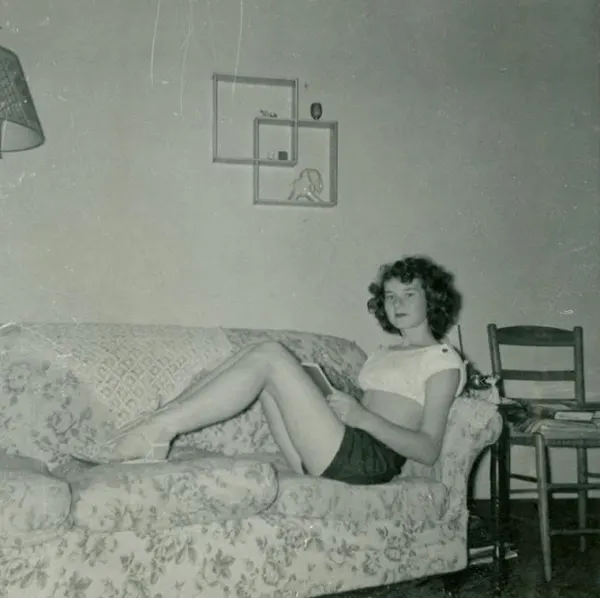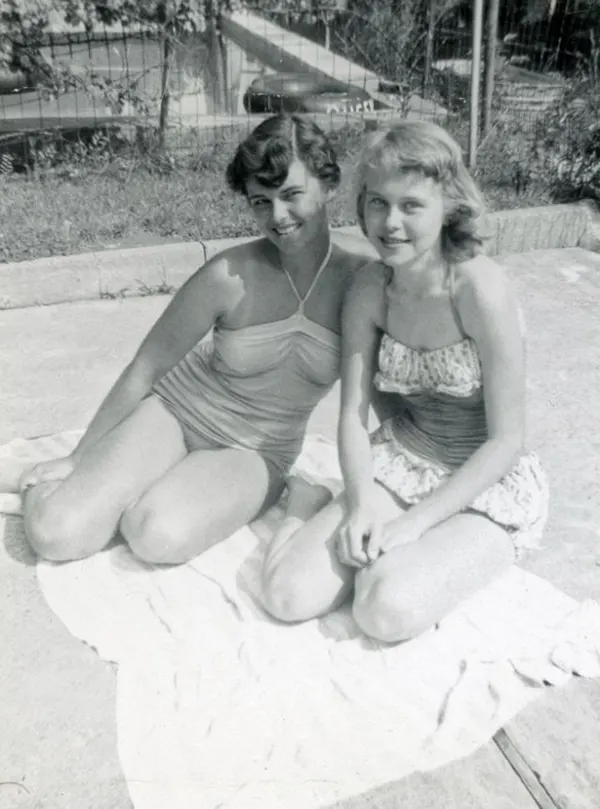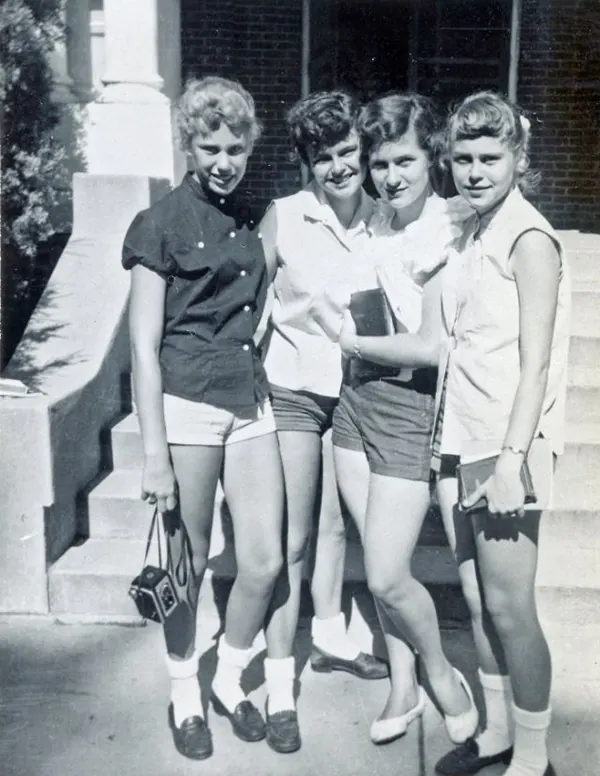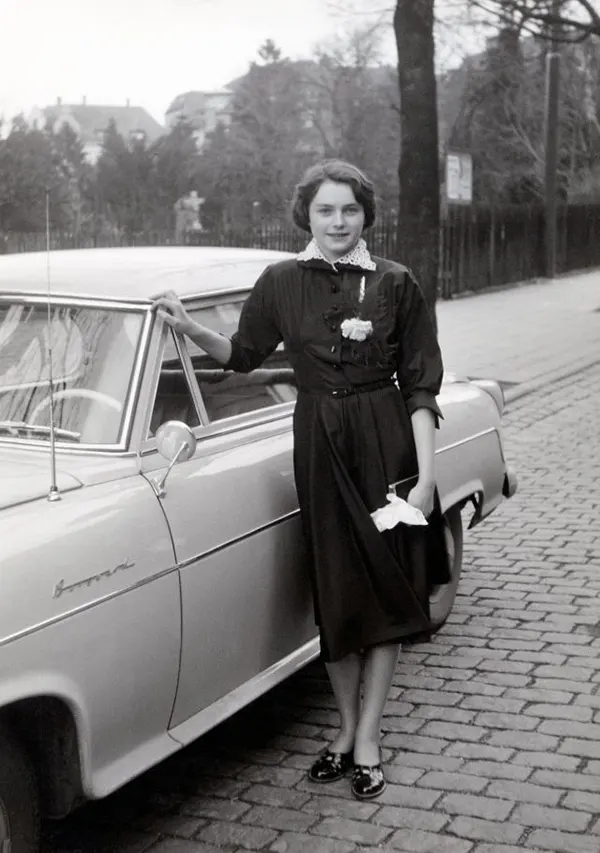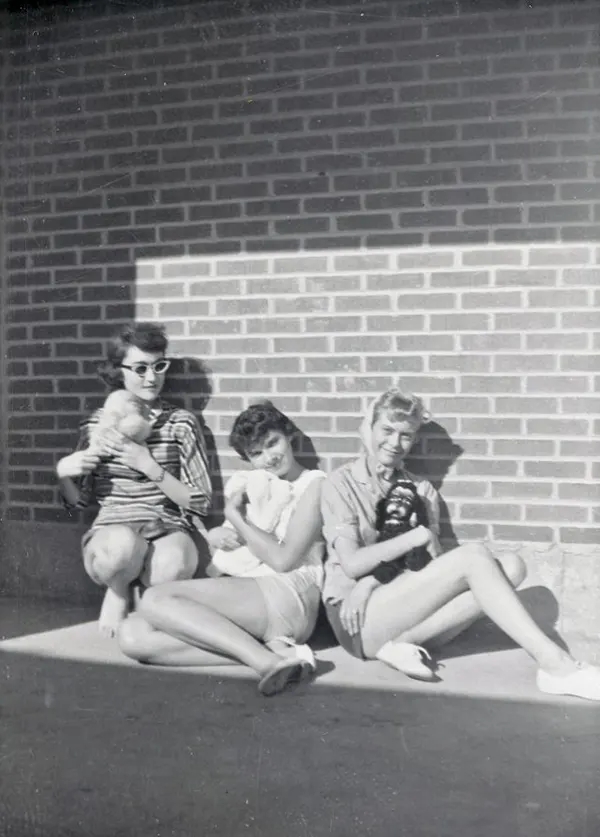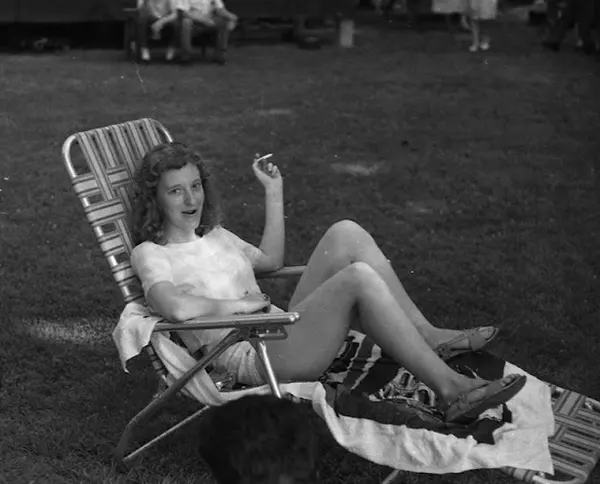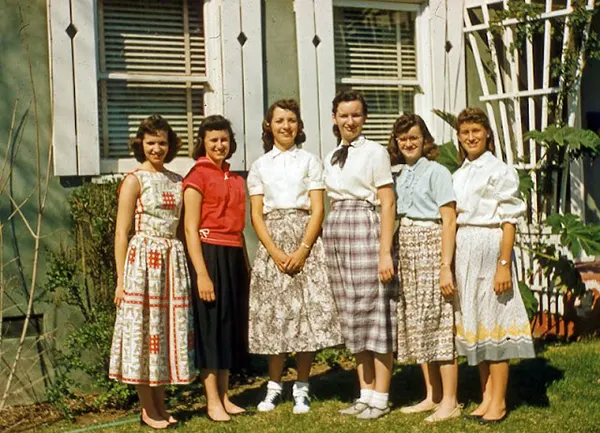In 1944, Americans started to use the word ‘teenager’ to describe the place of youth in their society. From the very beginning, it was a marketing term that recognized the spending power of adolescents. Within a culture that thought of business in terms of national identity and individual freedom, the fact that youth had become a market also meant that it had become a discrete, separate age group with its own peer-generated rituals, rights, and demands. Since teens no longer had to work in order to help their parents; they began to take part-time jobs or they would receive a monthly allowance in order to spend on non-essential goods such as clothes. Teens were strongly influenced by film, television, and magazines and persuaded to use their money towards non-essential goods that society convinced them were needs not wants. Consumer goods which were denied to a war-torn Europe were available to American teens, therefore, creating a consumer boom. These single young people with cash from paid work soon had their own fashions, own music, own cafes, own milk bars, and by the end of the decade even their own transport in the form of fuelled scooters. Teenagers suddenly dominated style in clothes, haircuts, and even travel abroad. A generation gap began to emerge between parents and teen offspring when teenagers started to mirror the image of their peers rather than their elders. Fashion designers sold full skirts and stiff petticoats, or a super-slim skirt and sweater with bows. Tight-fitting pedal pushers or capri pants were popular leisure wear and jeans (which in the 1950s were called dungarees) were becoming acceptable after people saw a photo of Marilyn Monroe wearing a pair. Young men wore a shirt, tie, and sharply pressed slacks. If you were the rebellious type, however, you wore dark clothes all the time, refused to iron anything, and were just generally looking rough on purpose. One 1950s fad for girls was to wear a man’s shirt outside their jeans. In high school, a soft sweater paired with a collared blouse was a smart look. People definitely dressed up special for formal events. For weddings and proms, young women wore fancy dresses like their elders. But clothing choices were quite a bit different for informal school dances. Many teen girls preferred full skirts, some with 4-inch hems. These skirts were often made of wool felt fabric in bright colors, including the world-famous poodle skirt. The 1950s circle skirts were worn with tucked-in, tight-fitting blouses. It was usually tied together with a wide belt, flat-heeled shoes, and bobby socks or anklets
(Photo credit: Pinterest / Reddit / Retrowaste, 1950s Teen Fashion: Styles, Trends & Pictures / Britannica / Medium: Teenage Fashion in the 1950s by Sarthak Jain). Notify me of new posts by email.
Δ Subscribe




